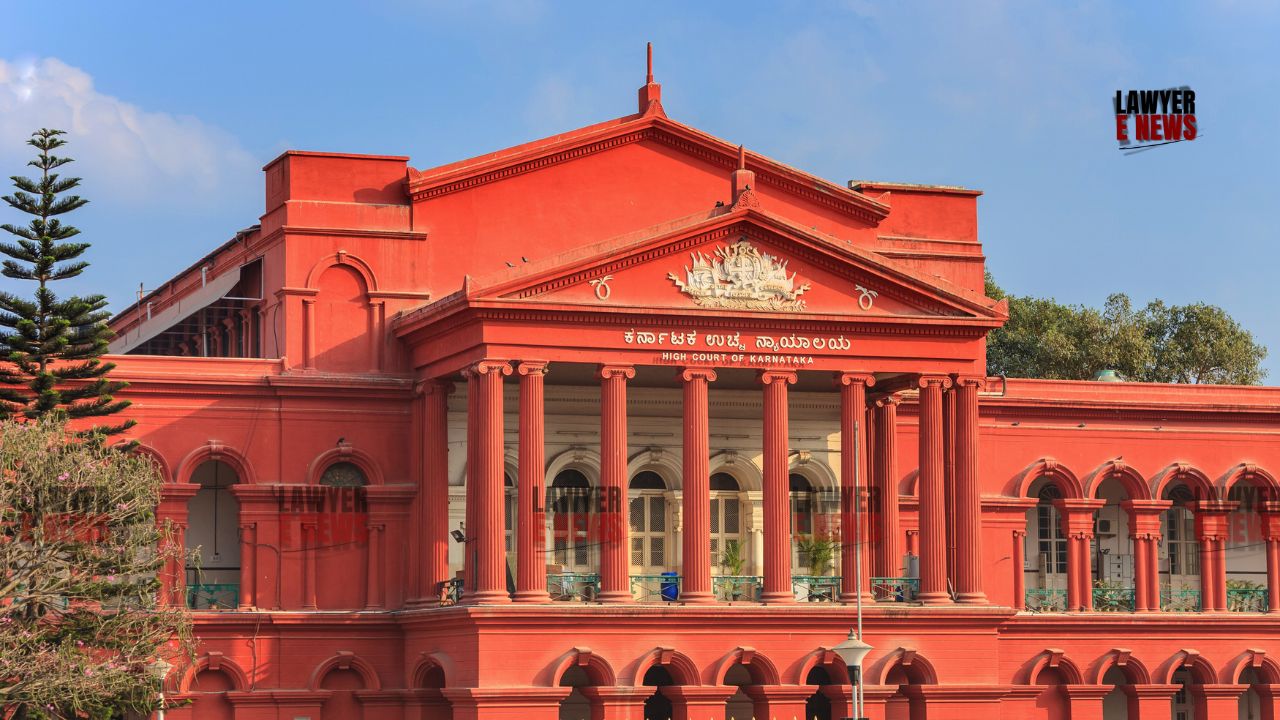-
by Admin
15 February 2026 5:35 AM



High Court clarifies limits of lower courts in directing investigations by different agencies under Section 173(8) of Cr.P.C. The Karnataka High Court, in a significant ruling on August 8, 2024, quashed a lower court’s order that had directed the Crime Investigation Department (CID) to take over further investigation in a murder case. The High Court emphasized that the power to order such a transfer of investigation rests exclusively with higher courts and that the lower court exceeded its jurisdiction. The High Court upheld the principle that further investigation under Section 173(8) of the Criminal Procedure Code (Cr.P.C.) must be conducted by the same agency that conducted the initial probe, unless directed otherwise by a higher court.
The case stemmed from a crime registered under Crime No. 208/2023 involving charges under Sections 302 (murder) read with Section 34 (common intention) of the Indian Penal Code (IPC). The jurisdictional Mahadevapura Police Station in Bengaluru initially investigated the case, culminating in a charge sheet that included additional charges under Sections 201, 120B of the IPC, and specific sections of the Scheduled Castes and the Scheduled Tribes (Prevention of Atrocities) Act, 1989.
After the charge sheet was filed, the mother of the deceased, listed as CW.3 in the case, filed an application under Section 156(3) of the Cr.P.C. requesting further investigation, expressing dissatisfaction with the initial findings. The lower court granted this request but took the additional step of directing the CID to conduct the further investigation, rather than the jurisdictional police.
Justice M. Nagaprasanna, delivering the judgment, noted that while the lower court was within its rights to order further investigation, it erred in transferring the responsibility to a different agency. The judge highlighted that the power to direct such a change in the investigating agency lies solely with higher courts under their supervisory jurisdiction, particularly under Section 482 of the Cr.P.C. or Article 226 of the Constitution.
The High Court’s decision leaned heavily on established legal precedents, particularly referencing the Supreme Court's rulings in cases like Chandra Babu v. State and Vinay Tyagi v. Irshad Ali, which delineate the boundaries within which courts can order investigations. The court stressed that while the Magistrate or lower courts can order further investigation, they cannot direct a fresh investigation or re-investigation by a different agency.
The judgment underscored that the legal framework mandates that any further investigation must be conducted by the same agency that filed the initial report, unless there is a compelling reason for a higher court to intervene. "The power of the concerned court is restricted only to order further investigation by the same investigating agency and not at the hands of a different investigating agency," Justice Nagaprasanna asserted, pointing to the importance of consistency and adherence to due process in criminal investigations.
Justice Nagaprasanna stated, "The power to order investigation, reinvestigation, or further investigation is only with the hands of this Court... The order impugned is rendered unsustainable," thereby nullifying the lower court’s directive for CID involvement.
This ruling by the Karnataka High Court reinforces the judiciary's commitment to maintaining the procedural sanctity of criminal investigations. By quashing the lower court's order, the High Court has clarified the legal limitations on the powers of subordinate courts concerning the direction of investigations. The decision is likely to serve as a crucial precedent in ensuring that lower courts do not exceed their jurisdiction, thus preserving the integrity of the investigative process in the Indian judicial system.
Date of Decision: August 8, 2024.
State by Mahadevapura Police Station v. Padmavathamma C.
